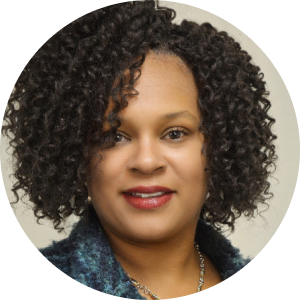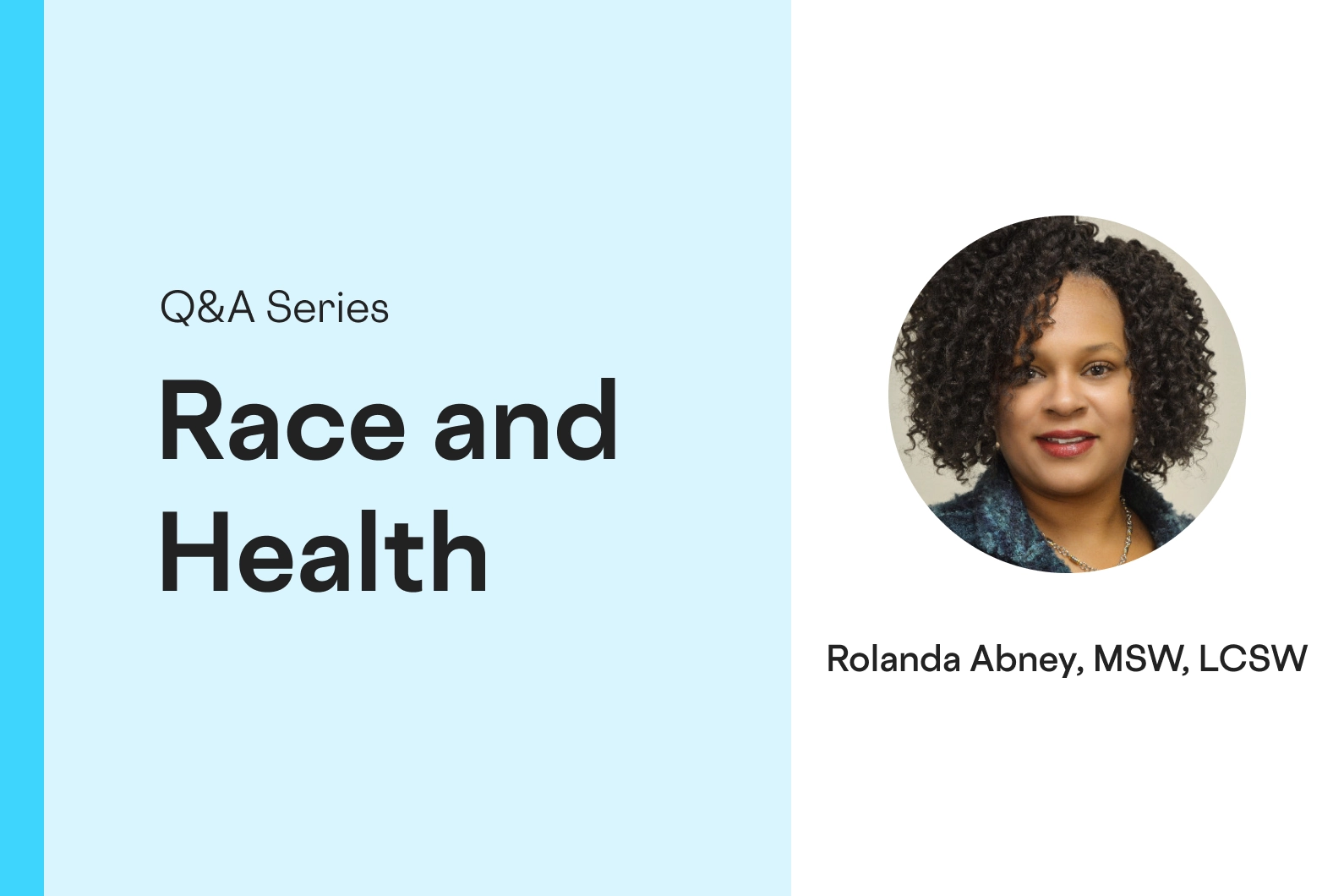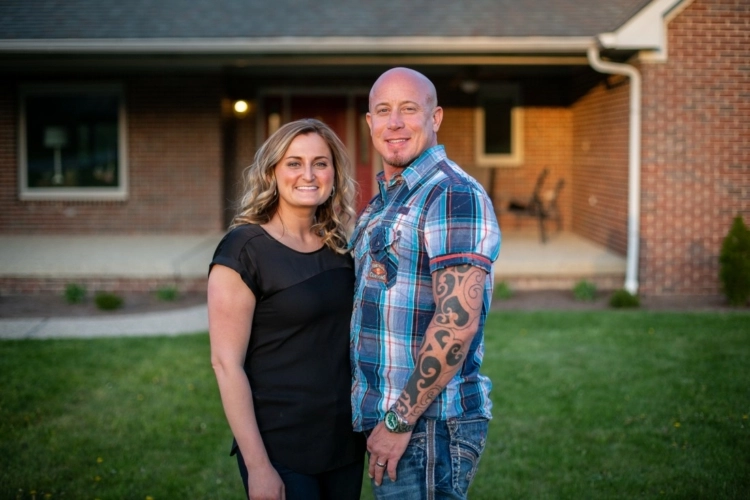Long-standing health disparities for the Black community are well known and documented. A number of factors contribute to these health disparities, but one problem has been a lack of diversity among physicians. While 13% of the American population is Black or African American,https://www.census.gov/quickfacts/fact/table/US/PST045221 only 5% of providers across the U.S. identify as such.https://www.aamc.org/data-reports/workforce/interactive-data/figure-18-percentage-all-active-physicians-race/ethnicity-2018 Research has found that physicians of color are more likely to treat minority patients and it has been argued that sharing a racial or cultural background with one’s doctor helps promote communication and trust.https://hbr.org/2018/08/research-having-a-black-doctor-led-black-men-to-receive-more-effective-care
At Included Health we believe that healthcare leaders, along with employers and health plans, must insist on a deeper bench of care professionals with the cultural competence necessary to build trust with Black patients and deliver high-quality, affirming care. Equity in care should be the standard of care.
In celebration of Black History Month we are amplifying the voices of Black clinicians at Included Health—making space for them to share their point of view on the state of disparities in healthcare. Continue reading to learn more about Rolanda Abney, and her experiences as a Black Licensed Clinical Therapist in our Q&A series.

Rolanda Abney, MSW, LCSW
Q: How have you seen prejudice, discrimination, or social determinants of health (which disproportionately impact communities of color) affect the physical or mental health of Black patients?
A: I believe I have experienced a dismissive attitude or lack of follow through.
Q: What is one thing that non-Black providers should strive for to serve Black patients better?
A: I believe providers should focus on inclusive practices without letting their personal biases get in the way of delivering care.
Q: Why do you believe that having a diverse choice of healthcare providers makes patients feel more comfortable?
A: I believe all cultures have a sense of inclusion. There is a need to shop, eat and have services from professionals that look like you.
Q: Inspired by George Floyd and the events of 2020, Included Health offered a program for providers called You Matter. Our work is centered around sensitizing our providers to avoid bias and judging people by their background, including race, ethnicity, gender, and sexual orientation. What importance do you place in programs like this for providers?
A: I believe the African American community continues to strive for inclusive practices. There are disparaging social and economic issues plaguing African American women. There are significant health disparities within the African American community. #sayhername Brianna Taylor.
Q: What’s one piece of advice you would give to Black patients seeking mental or physical care?
A: Seek medical care—schedule that primary care visit or if you’re struggling with mental health seek a therapy appointment. There is a correlation with childhood poverty and how that affects adult decisions for health care.



